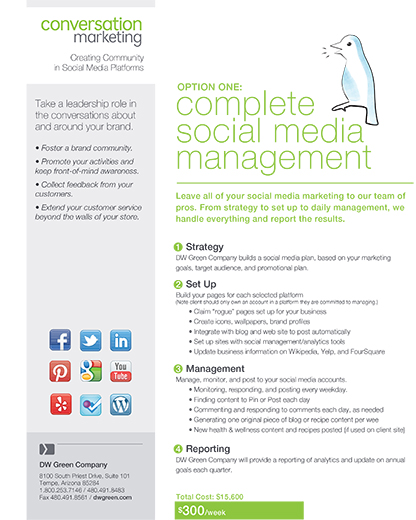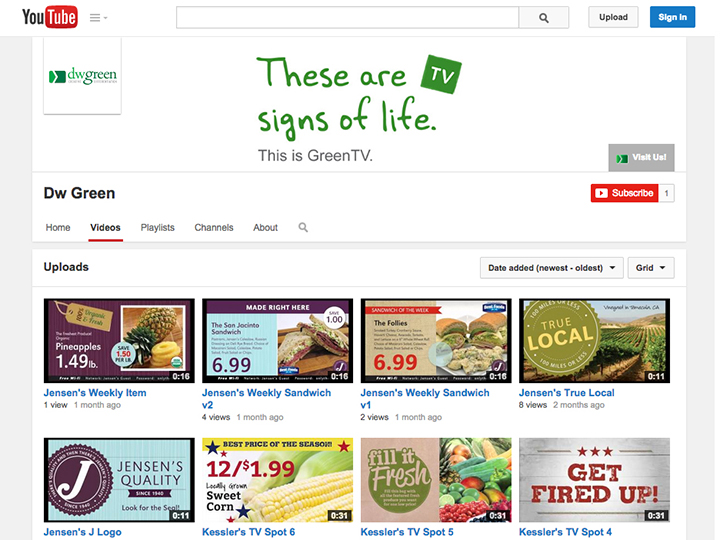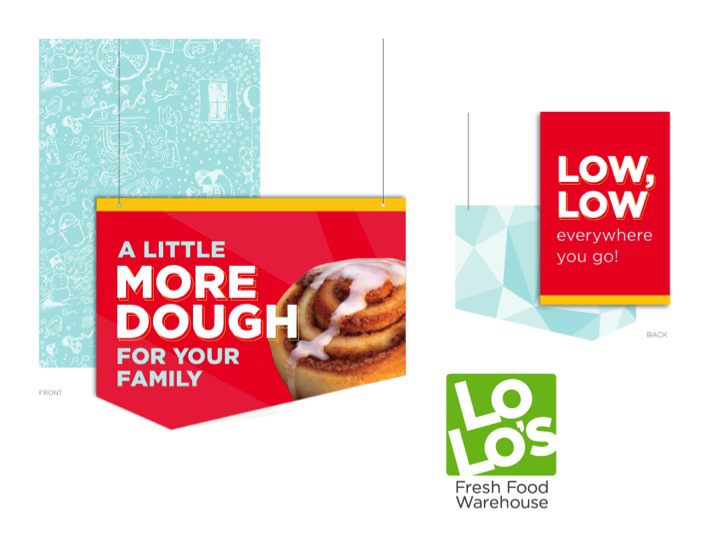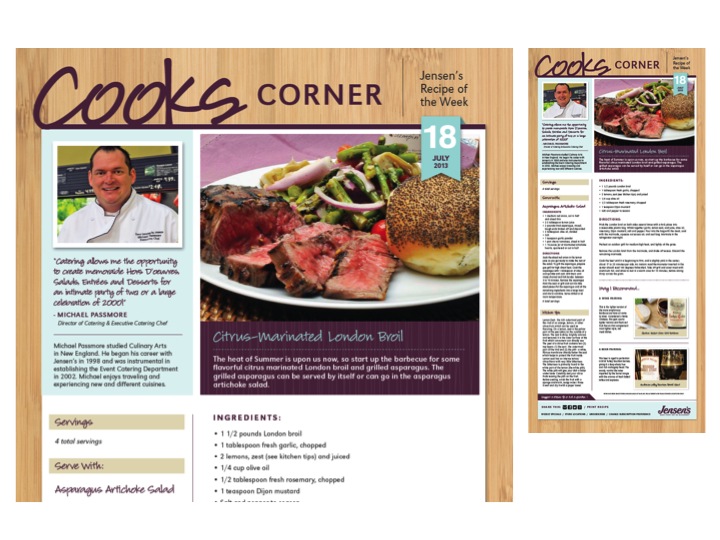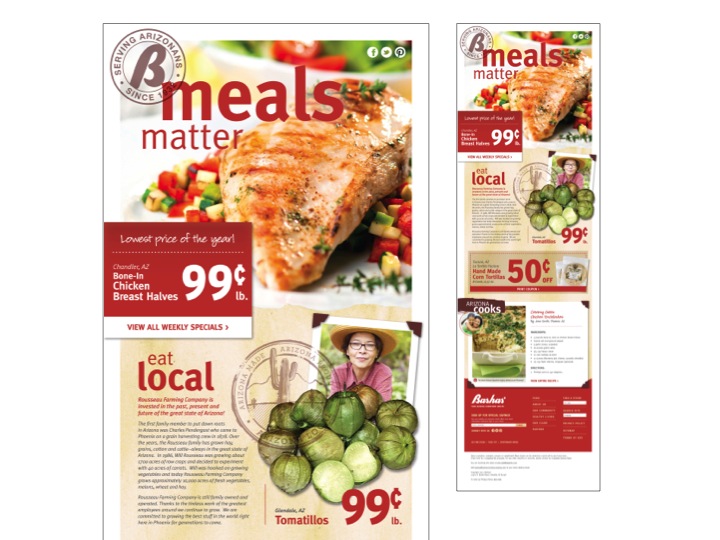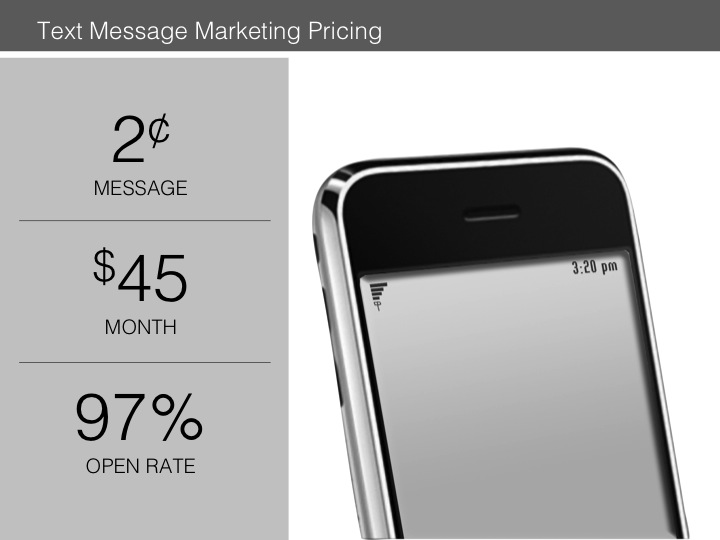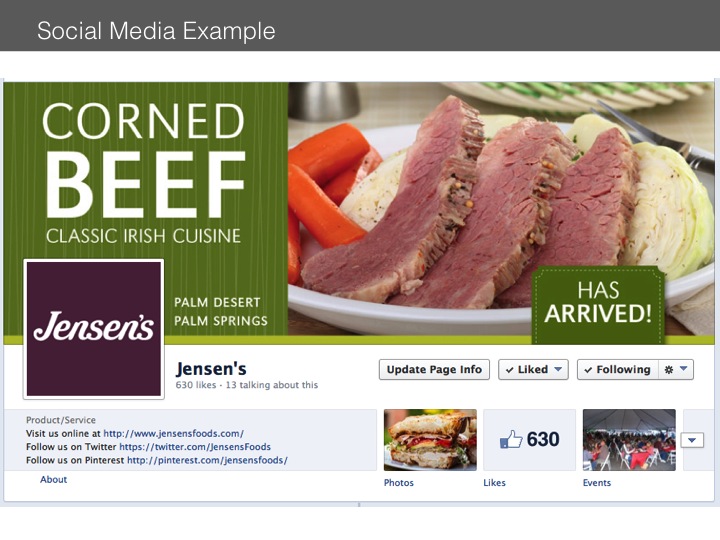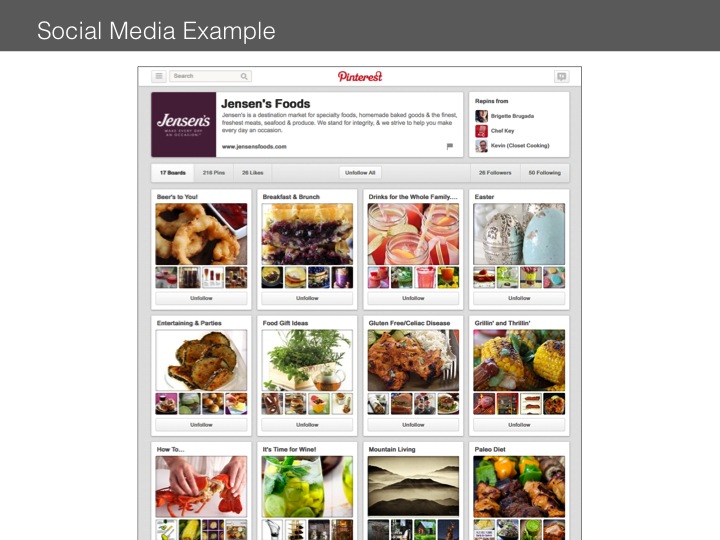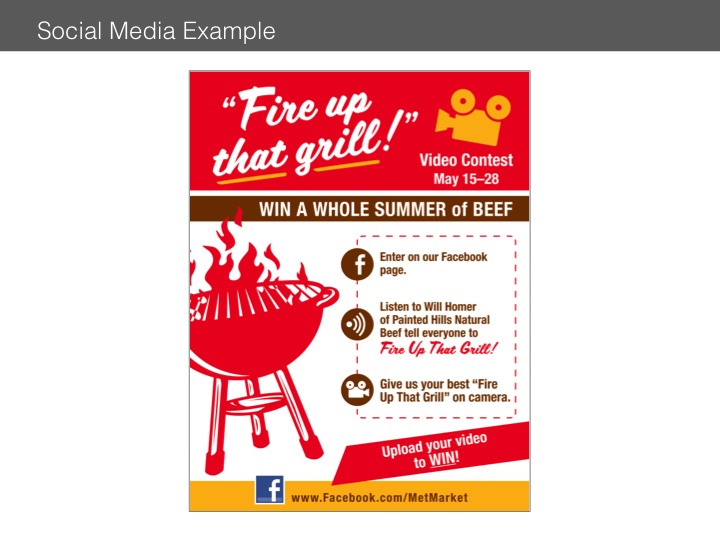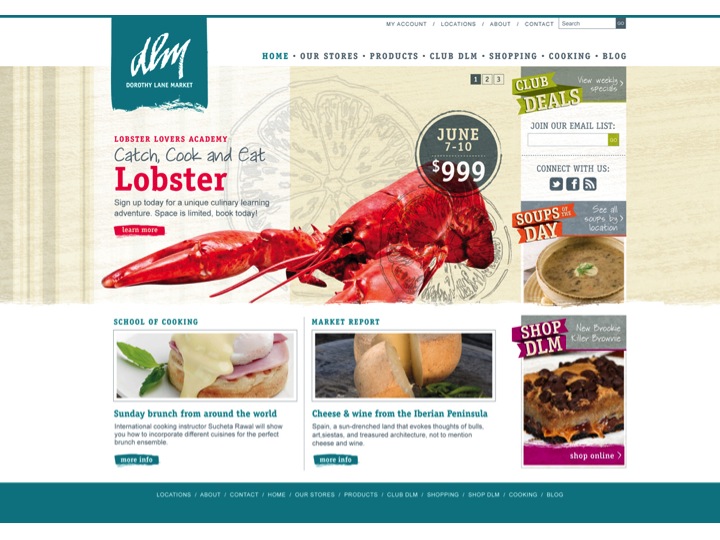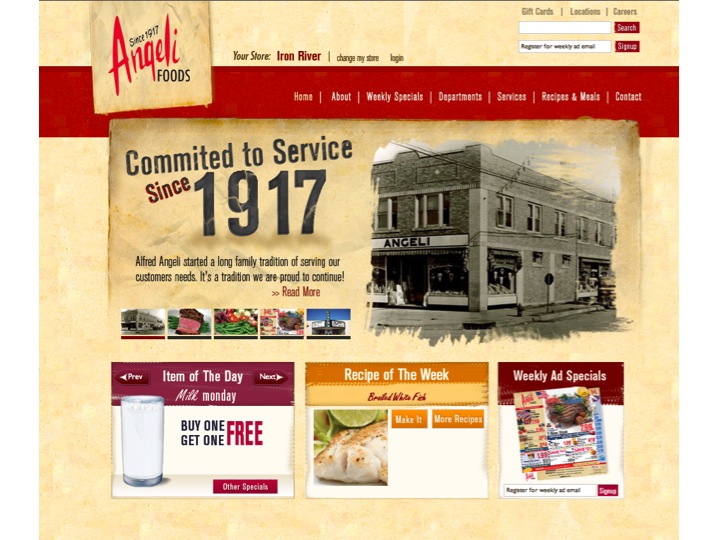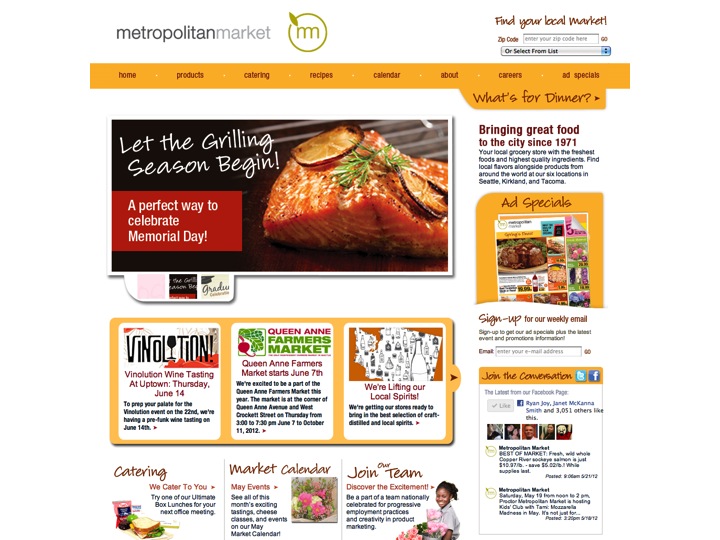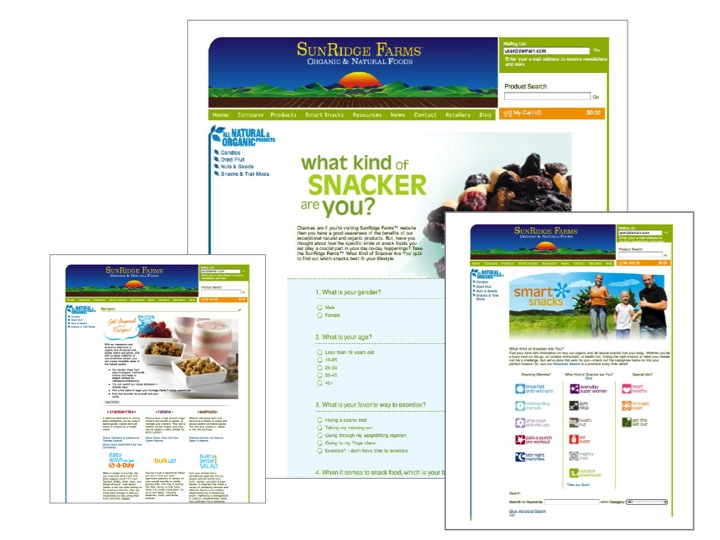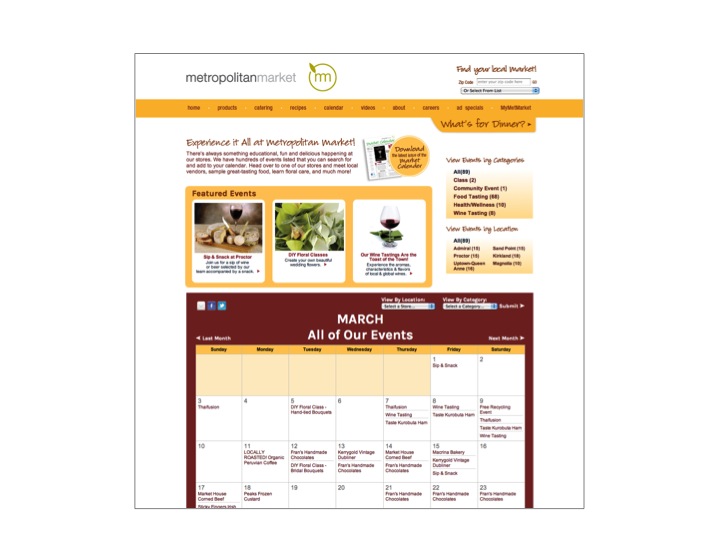Company Blog
Why Hiring Needs To Evolve: It’s Not Just About Skills
by Adam Zack — July 16, 2025
My Personal Kindest Thing
by Adam Zack — July 9, 2025

“…first wanted me to see a young plastic surgeon for a second opinion.”
The Greatest Kindness
by Adam Zack — July 2, 2025

“…what has been the greatest kindness bestowed upon you in your life?”
The Head Honcho
by Adam Zack — June 25, 2025

“CEOs, and head honchos are so important to your customers.”
Authentic
by Adam Zack — June 18, 2025

“Authentic speaks of honesty, reliability, transparency and trustworthiness.”
Family Roots
by Adam Zack — June 11, 2025

“I know firsthand that when a business stands behind what they offer—with
pride, care, and consistency—it’s not just a grocery or hardware store.”
Supermercato Vs. Grocery Stores
by Adam Zack — June 4, 2025

“U.S. stores cater more to convenience and speed…”
The Calming Effect Of The Grocery Store Produce Sprayers
by Adam Zack — May 28, 2025

“It’s like nature’s way of reminding us to slow down, even in the middle of a
grocery run.” By Scott, guest blogist
The Lost Art of Do Unto Others: The Shopping Cart Dilemma
by Adam Zack — May 21, 2025

“If we can’t be bothered to walk a few extra steps to return a cart, what else are we cutting corners on when it comes to kindness and responsibility?”
shopping cart. It may not seem like a big deal, but it says a lot about where we are as a society.
We’ve all seen it—abandoned carts scattered across parking lots, wedged against curbs, or even worse, blocking
perfectly good parking spots. Some are left just a few feet away from the cart corral, as if those last few steps were
just too much to handle. While some folks may have legitimate reasons for leaving their carts behind—like physical
limitations or wrangling multiple kids—most of the time, it’s just a case of convenience winning over courtesy.
What happened to the simple principle of “do unto others as you would have them do unto you”?
Returning a cart isn’t just about keeping the lot tidy; it’s about respect. Respect for the next shopper who now has
to maneuver around your abandoned cart. Respect for the employ...read more
When Customer Service Makes All the Difference: Lessons from Island Life.
by Adam Zack — May 14, 2025

“What was once a lively gathering place is now an empty parking lot.”





